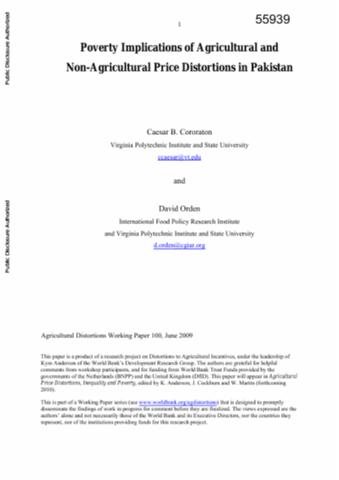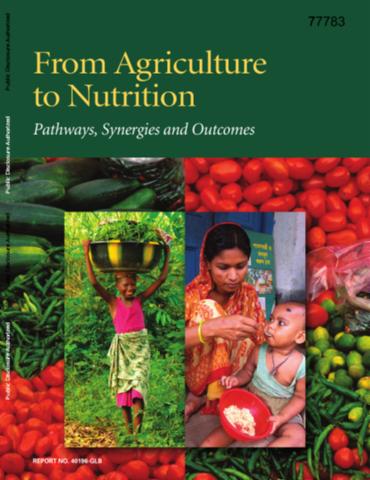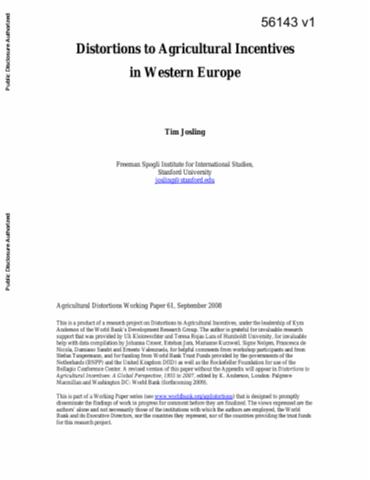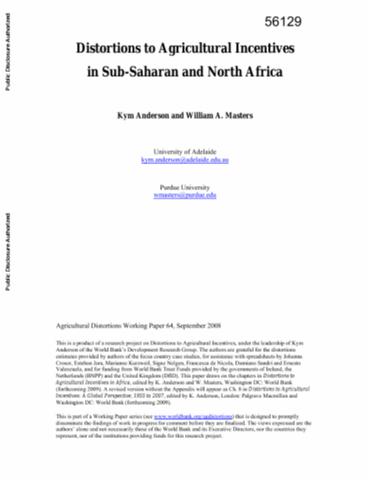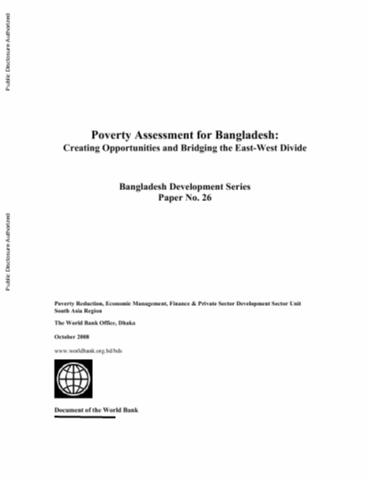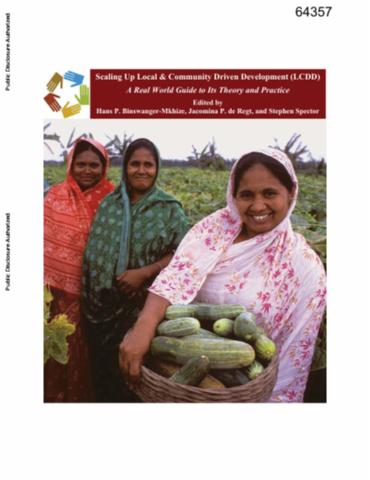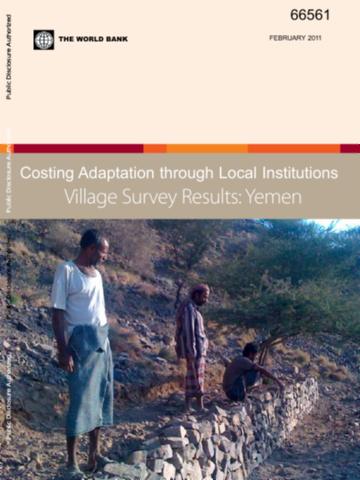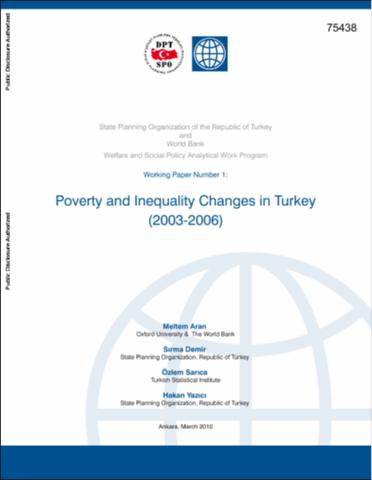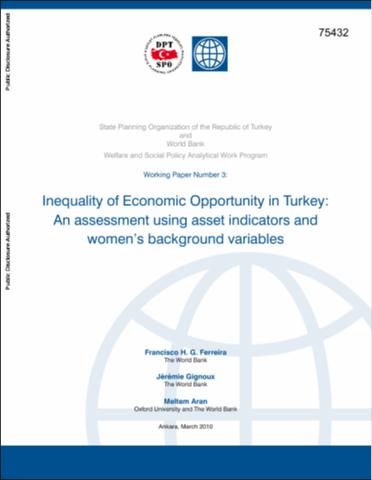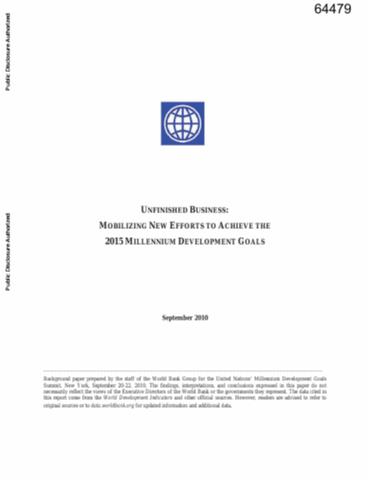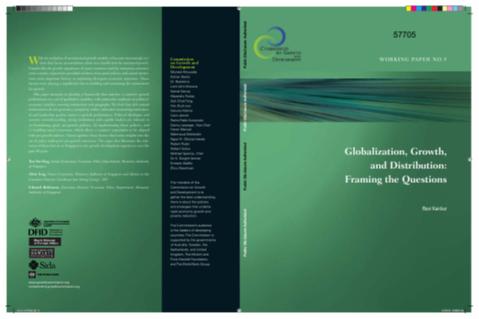Poverty Implications of Agricultural and Non-Agricultural Price Distortions in Pakistan
Using recent estimates of industry assistance rates, the effects of trade liberalization in the rest of the world and in Pakistan alone are analyzed using a global and a Pakistan computable general equilibrium (CGE) model under two tax replacement schemes: a direct income tax and an indirect tax replacement. The results indicate that the distributional and poverty effects in Pakistan of a unilateral liberalization of all traded goods are significantly greater than the effects of trade liberalization in the rest of the world.

